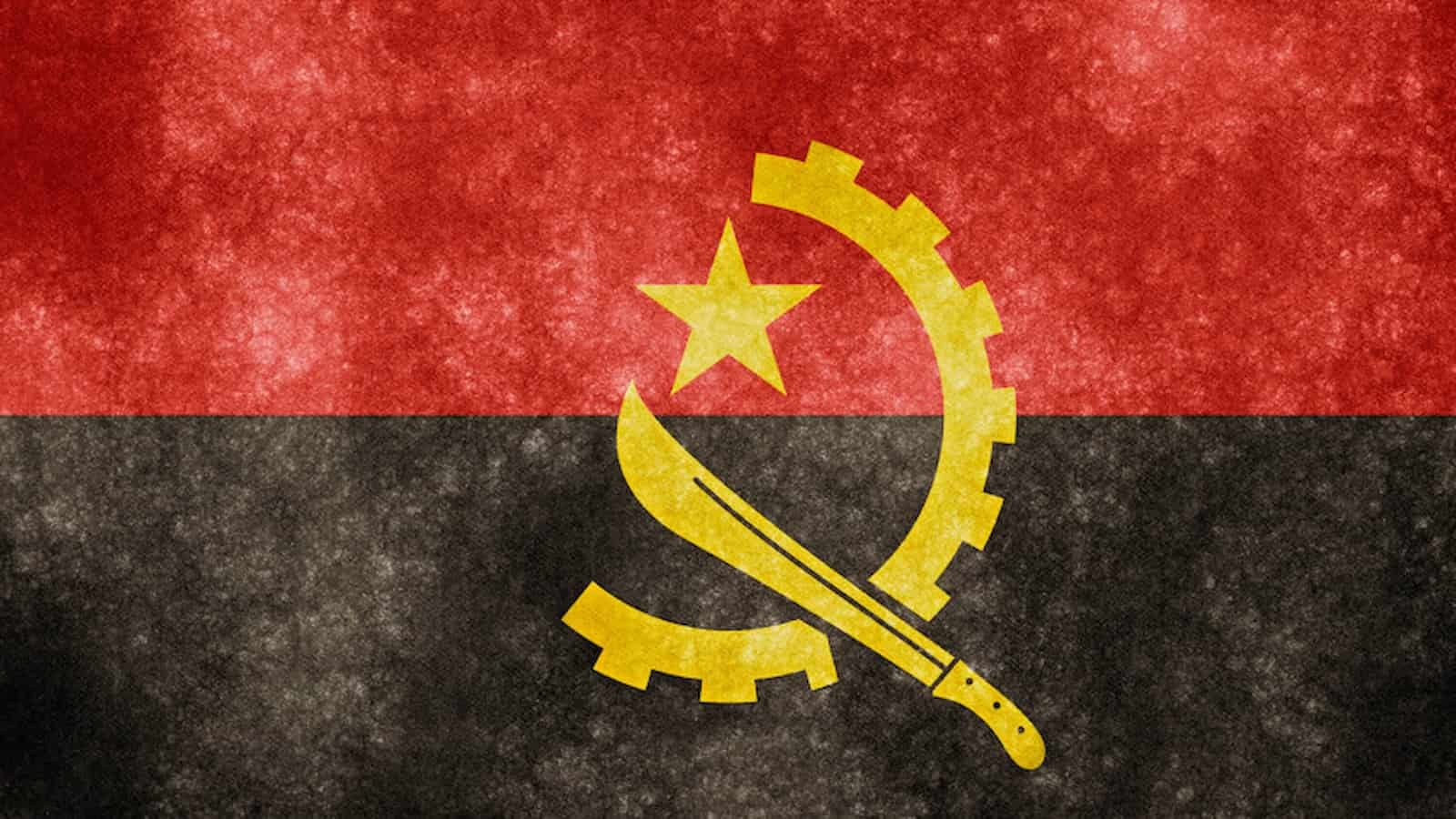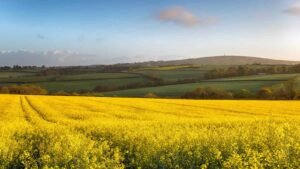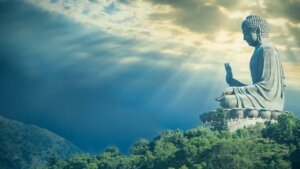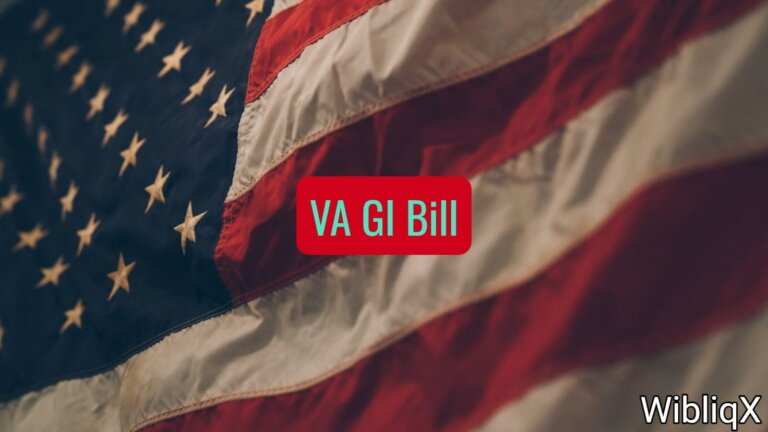Angola Liberation Day 2024: The People’s Movement for the Liberation of Angola (MPLA), also known as the Day of the Armed Struggle, commemorates the successful operation on February 4 each year. This operation involved the storming of a Luanda prison and the release of detained independence leaders. Would you like to know more about this important day?
Background of Angola Liberation Day
Early in the 1960s, African nationalism experienced a surge in Angola, which Portugal had colonized since the 16th century but had completely subjugated by the 1920s. Despite the success of neighboring nations like Ghana, Nigeria, and the Democratic Republic of the Congo in expelling their colonizers, Portugal maintained control over its colonies.
The cotton trade’s exploitation and a growing call for Angolan nationalism were among the grievances that sparked the Angolan uprising, which started in February 1961. On February 4, militants liberated political prisoners held in Luanda’s Civil Jail in São Paulo, marking a pivotal moment in the struggle for independence.
The Angolan War of Independence continued until 1974, when a more liberal Portuguese government announced a cessation of hostilities, leading to Angola’s eventual independence.
FAQs About Angola Liberation Day
What is Angola known for?
Central Africa is home to Angola, a country known for its abundant natural resources. These resources include fertile farmland, diamonds, hydrocarbons, and hydroelectricity.
What food is commonly consumed in Angola?
Staple foods in Angola include rice, beans, meats like pork and poultry, various sauces, and vegetables such as tomatoes and onions. Garlic is a common spice, and funge, a cassava porridge, is a staple dish. Portuguese influences, including the use of olive oil, are prevalent in Angolan cuisine.
Is Angola a hospitable place?
Absolutely. Upon arrival, visitors are frequently astounded by the warmth and friendliness exuded by the Angolan people.
Facebook’s Birthday 2024 (US): IPO Success, Fundraising and Much More
Observing Angola Liberation Day 2024
Expand your knowledge.
Learn more about Angola’s liberation and its history. Embrace enlightenment today.
Share your expertise.
Educate others on the significance of Angola’s liberation and its impact. Engage in online discussions to spread awareness.
Participate in the festivities.
Celebrate Angolan emancipation by immersing yourself in the country’s culture, starting with its national music, Semba.
Five Intriguing Facts About Angola
Global affordability
Since 2013, Luanda has consistently held the title of the world’s most expensive city for expatriates.
Economic growth
Angola experienced one of the world’s highest economic growth rates from 1994 to 2004.
Language diversity
In addition to Portuguese, Angola is home to languages like Umbundu, Kimbundu, Kikongo, and Tchokwe.
Cultural influence
Angola is where the dreadlock hairstyle originated.
Traditional music
During celebrations, Semba, the native music of Angola, takes center stage and is widely recognized as “the music of the sea.”
National Thank a Mail Carrier Day 2024: History, FAQs, Activities and Importance
Why Angola Liberation Day Matters
Symbol of freedom
It symbolizes Angola’s independence from Portuguese rule, achieved through perseverance and sacrifice.
Honoring the fallen
The day serves as a tribute to those who lost their lives in the struggle for independence, reminding nations to avoid similar conflicts.
Promoting understanding
Angola Liberation Day fosters a deeper understanding of Angola, its history, and its people, sparking admiration and interest.
ANGOLA LIBERATION DAY DATES
| Year | Date | Day |
|---|---|---|
| 2024 | February 4 | Sunday |
| 2025 | February 4 | Tuesday |
| 2026 | February 4 | Wednesday |
| 2027 | February 4 | Thursday |
| 2028 | February 4 | Friday |












